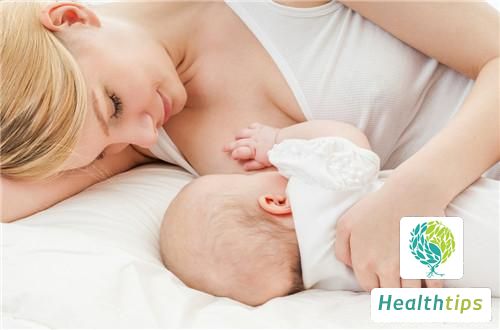Is it okay to exercise after eating? Is it beneficial?
Many people like to exercise after meals, believing that it can help with digestion and lead to better weight loss results. However, it is important to choose the right time for exercise after meals. Generally, it is recommended to wait for 30 minutes after eating before starting any exercise, mainly walking, which can better assist digestion and also has certain weight loss effects. However, people with weak physical conditions or gastrointestinal diseases should be cautious and rest after meals.

1. Disturbance of Blood Flow Distribution: After meals is the peak time for digestion and gastrointestinal motility, during which a large amount of blood is mainly involved. However, if one exercises during this time, the muscular movements of the whole body also require a significant amount of blood, which can easily deprive the digestive organs of their necessary blood supply, leading to disrupted blood flow distribution and affecting both exercise effectiveness and physical health.
2. Irritation of the Gastrointestinal Tract: Exercising after meals can easily irritate the gastrointestinal tract. At this time, the stomach is full of food, and if one exercises, it can pull on the mesentery connecting the stomach and intestines, leading to abdominal pain.
3. Triggering Gastrointestinal Diseases: Immediately exercising after meals can also increase the risk of developing other gastrointestinal diseases such as appendicitis. Appendicitis can cause significant pain that gradually intensifies, and prompt medical attention should be sought when such pain occurs.
4. Abdominal Pain: The most direct impact of exercising immediately after meals is abdominal pain. There are three main reasons for this: blood flow redistribution during exercise can lead to ischemia of the digestive tract and subsequent spasms of the gastrointestinal smooth muscle; increased oxygen demand during exercise can reduce the negative pressure in the chest cavity, causing impeded blood return to the liver, leading to liver congestion, increased tension of the liver capsule, and subsequent liver pain; and exercising after meals can trigger gastrointestinal diseases.



















